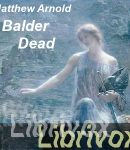
Balder Dead
“Balder Dead” is a beautiful epic poem by Matthew Arnold. It draws from Norse mythology to retell the story of the the death of Odin’s son, Balder, instigated by the treacherous jealousy of Loki. (Summary by Nathan) [chương_files]
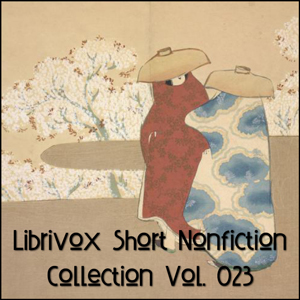
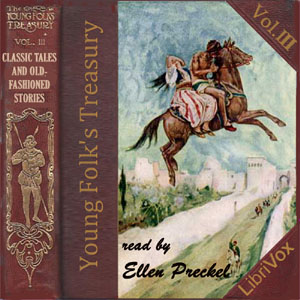
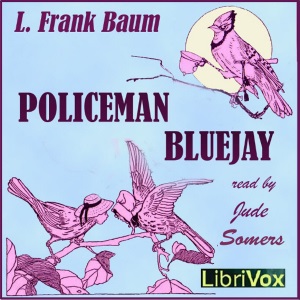
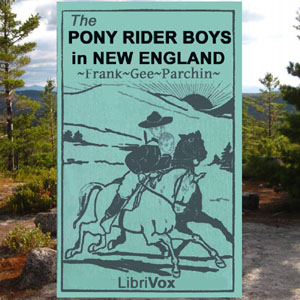
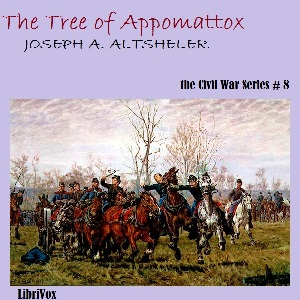


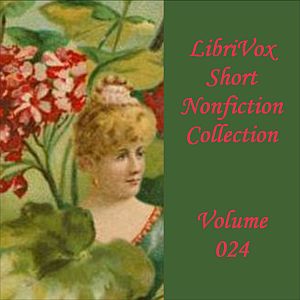



“Balder Dead” is a beautiful epic poem by Matthew Arnold. It draws from Norse mythology to retell the story of the the death of Odin’s son, Balder, instigated by the treacherous jealousy of Loki. (Summary by Nathan) [chương_files]
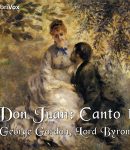
Don Juan is a long narrative poem by Byron, based very loosely on the legend of the evil seducer, Don Juan. The first and second of (eventually) seventeen Cantos composed during Byron’s self-imposed exile from England appeared, anonymously, in July 1819 and were greeted with scandal, condemnation, admiration and hilarity. Modern critics generally consider the self-proclaimed ‘epic’, which remained incomplete at Byron’s death, to be his masterpiece. (Summary by Peter Gallagher) [chương_files]
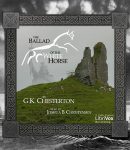
An English epic poem that follows the exploits of Alfred the Great in his defense of Christian civilization in England from the heathen nihilism of the North. Following a string of defeats at the hands of the invading Danes, a vision from heaven in the river island of Athelney fills Alfred with joy and hope. Though it gives no promise of victory in the coming struggle, it inspires him to rally his chieftains for a last stand against the invading hordes. His adventures lead throughout the country as he gathers his men, and take him through the Danish camps disguised as a minstrel before culminating in the Battle of Ethandune and the prophesying of the enemy’s subtle return in the ages to come. (Summary by Joshua B. Christensen) [chương_files]
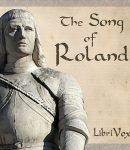
The Song of Roland is an epic poem, originally sung in Old French. It tells the story of the Battle of Roncevaux Pass in 778. This is an English translation. (Introduction by Joy Chan) [chương_files]

I sing the Song of Hiawatha, Brave of heart and strong of arm. Daughter’s son of old Nokomis, Fathered by the harsh West Wind. With its regular, beating rhythm, the Song of Hiawatha has often been parodied, but in truth, it is a powerful, emotional epic; a hero’s life, his loves and suffering. The legends and traditions of the North American Indian swirl together through the tale like a mountain stream, tumbling white over the rocks, and caressing the mossy tree roots. (Summary by Peter Yearsley) [introduction by Woodrow Morris] [chương_files]
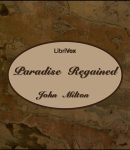
Paradise Regained is a poem by the 17th century English poet John Milton, published in 1671. It is connected by name to his earlier and more famous epic poem Paradise Lost, with which it shares similar theological themes. Based on the Gospel of Luke’s version of the Temptation of Christ, Paradise Regained is more thoughtful in writing style, and thrives upon the imagery of Jesus’ perfection in contrast to the shame of Satan. (Summary from Wikipedia) The Librivox recording of Paradise Lost can be found here. [chương_files]
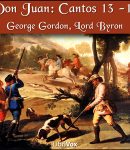
These are the last four Cantos of his mock epic that Byron completed in the year before his death at the age of 36 in Messolonghi, Greece, where he had gone to fight for the nationalists against the Ottoman Empire. Juan, now in England, is invited to spend the autumn with a hunting party at the ancient country seat of Lord Henry and Lady Adeline Amundeville. There, he meets the most intriguing of the Byronic heroines, Aurora Raby, and is visited by a ghost with ample breasts (!). That is the narrative outline but hardly the focus of the last Cantos. Byron is more interested satirizing the frailty of faith, the fecklessness of the English aristocracy, the futility of English pastimes and the fawning of elected Members of Parliament over their middle-class constituents. Booze, banquets, belles and bishops are given the Byronic treatment, while his spleen is reserved for his critics and for “tyranny”. (Summary by Peter Gallagher) [chương_files]
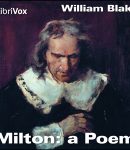
Milton: a Poem is an epic poem by William Blake, written and illustrated between 1804 and 1810. Its hero is John Milton, who returns from heaven and unites with Blake to explore the relationship between living writers and their predecessors. While on earth, Milton also unites with his feminine aspect, Ololon. The poem describes progress toward the apocalyptic union of living and dead, internal and external reality, and male and female. (Summary from Wikipedia). [chương_files]
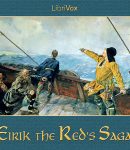
In this saga, the events that led to Eirik the Red’s banishment to Greenland are chronicled, as well as Leif Eirikson’s discovery of Vinland the Good (a place where wheat and grapes grew naturally), after his longboat was blown off-course. By geographical details, this place is surmised to be present-day Newfoundland, and is likely the first European discovery of the American mainland, some five centuries before Christopher Columbus’s journey. (Summary from Wikipedia.) [chương_files]
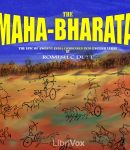
The Mahabharata is one of the two major Sanskrit epics of ancient India. Traditionally, the authorship of the Mahabharata is attributed to Vyasa. With more than 74,000 verses, Mahabharata is said to be the longest poem. Mahabharata tells the story of the epic Kurukshetra War and the fates of the cousin brothers Kauravas and the Pandavas. But more than that the Mahabharata contains much philosophical and devotional material, such as a discussion of the four “goals of life” or ‘purusharthas’. The latter are enumerated as dharma (right action), artha (purpose), kama (pleasure), and moksha (liberation). (Introduction by om123) [chương_files]
Copyright © 2024 | FreeAudible